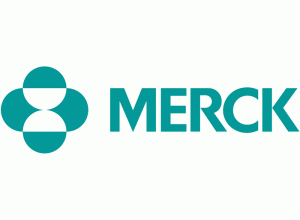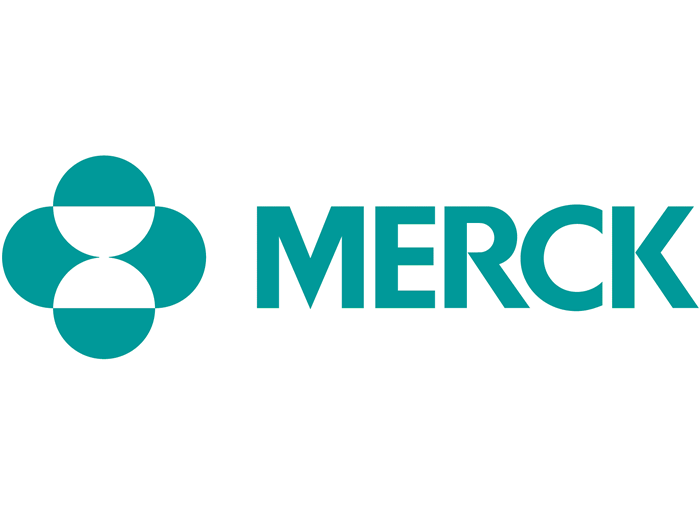 Merck & Co‘s novel immuno-oncology drug for melanoma, pembrolizumab, is about to be approved by the U.S. Food and Drug Administration, according to a news report released yesterday by Reuters, relying on “three sources familiar with the situation.” The original deadline established for approval of the drug was late October, which, if approved, will become part of the first generation of FDA-approved drugs that treat the immune system in order to fend off cancer.
Merck & Co‘s novel immuno-oncology drug for melanoma, pembrolizumab, is about to be approved by the U.S. Food and Drug Administration, according to a news report released yesterday by Reuters, relying on “three sources familiar with the situation.” The original deadline established for approval of the drug was late October, which, if approved, will become part of the first generation of FDA-approved drugs that treat the immune system in order to fend off cancer.
Pembrolizumab works by blocking the Programmed Death receptor (PD-1) protein in order to assist the immune system to treat cancer, or the related target PD-L1, used by tumors to evade disease-fighting cells. It is specially designed for patients with a skin cancer resistant to Yervoy treatment, the Bristol-Myers immunotherapy that treats a different part of the immune system.
Although the FDA is not authorized to comment the status of Merck’s application and the final decision deadline isn’t until until October 28th, according to Deena Beasley’s article at Reuters, the announcement will be made within the next few weeks.
“If we have pembro approved, it makes a big difference. About a third of those patients will have a chance of a durable, long-lasting response,” said Dr. Antoni Ribas professor of hematology-oncology at the University of California, Los Angeles, and a pembrolizumab trial lead investigator, as he explained that bringing the drug to the market will be “a big deal” for patients with few options.
The clinical trials performed by Merck & Co revealed that pembrolizumab is able to reduce the size of late-stage melanoma tumors in about a third of patients.
This new, emerging class of immunotherapeutic drugs for treating melanoma is expected to earn Merck & Co and other drug developers in the industry more than $30 billion in annual sales by 2025, according to analysts’ projections. Other companies like Bristol-Myers Squibb, Roche Holding AG and AstraZeneca Plc are also developing similar cancer treatments.


